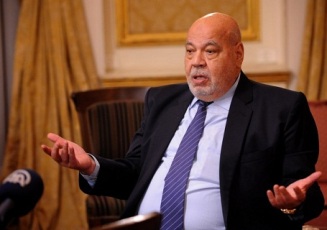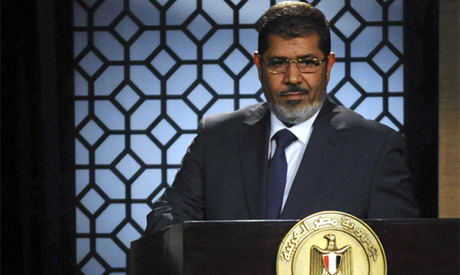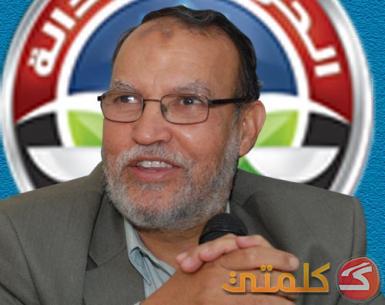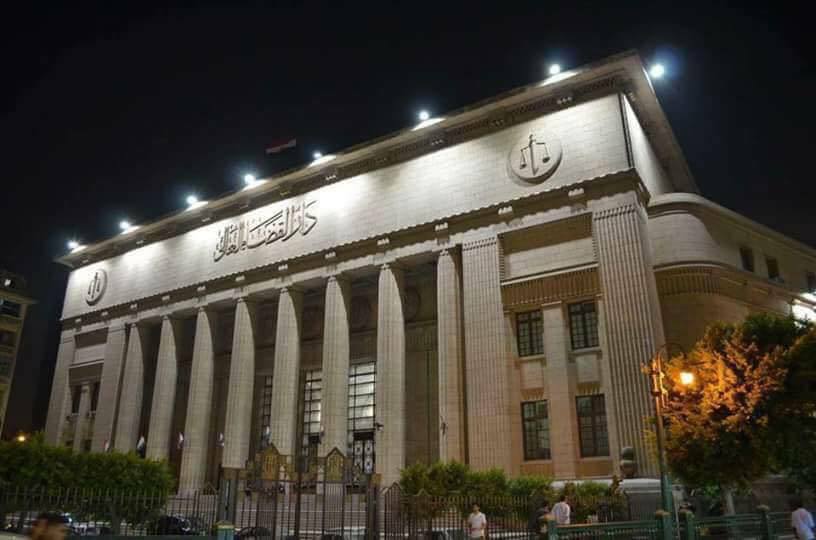Published in Ahram Online on February 16, 2013 Just who is destroying the state, Mr Minister? The justice minister’s claim that police reform would destroy the state is groundless. It is those who excuse torture that will bring Egypt to collapse On 26 January, a few hours before the sentencing of defendants in the Port Said Stadium case, Alaa Abd El Fattah — one of the first bloggers in Egypt and courageous human rights activists who paid a high price for the triumph of truth and justice —appeared on a television programme. Abdel-Fatah was arrested in 2006 in demonstrations demanding…
Leave a CommentAuthor: Khaled Fahmy
Khaled Fahmy is professor of history at the American University in Cairo and a visiting professor at Harvard University. His research interests include the social and cultural history of the modern Middle East, with an emphasis on the history of law, medicine, the army and the police in nineteenth-century Egypt. In addition to his academic publications, he also writes newspaper articles in both Arabic and English.
Published in Ahram Online on February 9, 2013 Nothing protects national security more than responsible citizenship, critical to which is freedom of — and access to — information There is a famous story that is probably more fiction than fact about how Military Intelligence in the 1960s was excessive in its censorship of the media, to the extent that it objected to publishing an article reporting a drop in the availability of canned sardines on the market. Their objection was that while the writer did not mean to divulge military secrets, putting this information in the public domain could benefit…
Leave a CommentPosted on Facebook on February 5, 2013 Earlier today I went to a meeting in the Ministry of Justice to discuss a new draft law for freedom of information. I had spent the past two days studying the bill, and even though I thought it was a bad bill, falling far short of what I think we deserve in Egypt after our revolution. I did my homework and went with an open mind expecting to push for more openness. I met with my friends Nagla Rizk, Hossam Bahgat and Amr Gharbeia in the meeting hall and were all looking forward to a fruitful discussion. However,…
Leave a CommentPublished in Ahram Online on February 2, 2013 President Morsi, his group and government, have failed to resolve Egypt’s present crisis, and have deepened it. And while the opposition flounders, only the youth of the revolution can be relied upon. On 28 January 2011, the Friday of Rage, I walked with my friends on a long march from Mustafa Mahmoud Mosque in Mohandiseen towards Tahrir Square. For nearly one hour we chanted what eventually became the slogans of the revolution: “Bread, Freedom, Social Justice” and “Peaceful, Peaceful.” When we reached Galaa Square we were met by legions of State…
Leave a CommentPublished in Ahram Online on February 2, 2013 President Morsi, his group and government, have failed to resolve Egypt’s present crisis, and have deepened it. And while the opposition flounders, only the youth of the revolution can be relied upon On 28 January 2011, the Friday of Rage, I walked with my friends on a long march from Mustafa Mahmoud Mosque in Mohandiseen towards Tahrir Square. For nearly one hour we chanted what eventually became the slogans of the revolution: “Bread, Freedom, Social Justice” and “Peaceful, Peaceful.” When we reached Galaa Square we were met by legions of State Security…
Leave a CommentPublished in Ahram Online on January 21, 2013 The Administrative Court’s decision that ‘In the Balance’ will be suspended for a month shows a worrying disregard for freedom of opinion, and a dangerous paternalism on the part of judges Last week, the Administrative Court issued a verdict suspending for one month the programme “In the Balance” which airs on Al-Hafez channel, and banning media figures Atef Abdel-Rashid and Sheikh Abdallah Badr from appearing in the media for a month. While the court ruling in its reasoning said that the aforementioned programme often broadcasts scenes and discusses issues that are indecent…
Leave a CommentPublished in Ahram Online on January 13, 2013 Could the exodus of Egyptian Jews in the 20th century be repeated now with other minority communities? Since Muslim Brotherhood leader Dr Esam El-Erian issued his call some two weeks ago to Israeli Jews of Egyptian origins to return to Egypt the social and print media have been abuzz with all kinds of speculation about the meaning, purpose and possible repercussions of this call. And while clear answers are yet to be found, the fact remains that this call has triggered public debate about a topic that has been taboo for decades.…
Leave a CommentPublished in Ahram Online on January 6, 2013 Close inspection of Essam El-Erian’s problematic statement calling Israelis of Egyptian ancestry to return to Egypt reveals Brotherhood leader’s true motives Besides being issued by a prominent leader of the Muslim Brotherhood (MB), the significance of Essam El-Erian’s recent call for Egyptian Jews to return to Egypt can be found in what El-Erian actually said and what he meant by it. As far as one can judge from his tweets, press interviews and TV appearances, the offer appears to be founded on a moral principle and a sense of injustice for what…
Leave a CommentPublished in Ahram Online on December 29, 2012 The public prosecutors who protested against the manner in which the president dealt with the prosecutor-general stand in the tradition of a courageous Cairo Police Commissioner of a century and a half ago The National Archives of Egypt holds a remarkable collection of documents which were produced by 19th-century legal institutions and which attracted the attention of only a handful of historians. The most significant of these institutions is Maglis al-Ahkam, a legal body that was founded in the early 1840s and which was the highest court in the land until it…
Leave a CommentAn interview with NPR’s Scott Simon, December 22, 2012. Here is the transcript: SCOTT SIMON, HOST: This is WEEKEND EDITION from NPR News, I’m Scott Simon. Egyptians returned to the polls today for the second time to vote on a draft constitution for their country. Results for the vote are not expected until Sunday. The proposed constitution has deeply divided a country that just two years ago rose up to overthrow its regime. President Mohamed Morsi and his Muslim Brotherhood have laid out a constitution that by all early indications is likely to pass. But many of the same activists…
Leave a Comment






